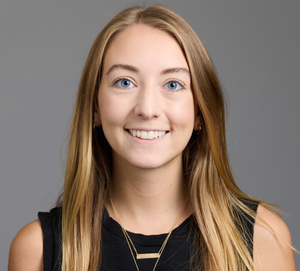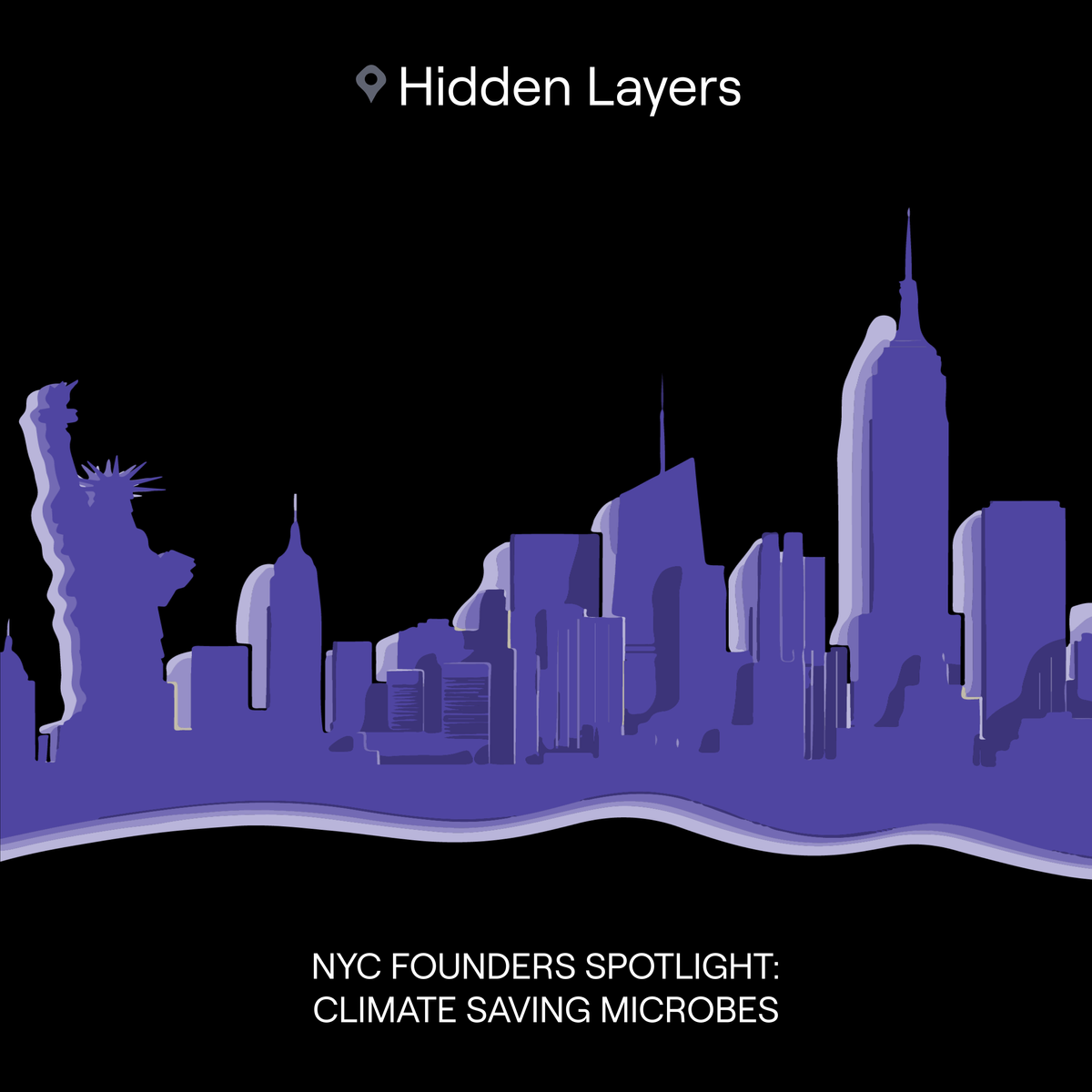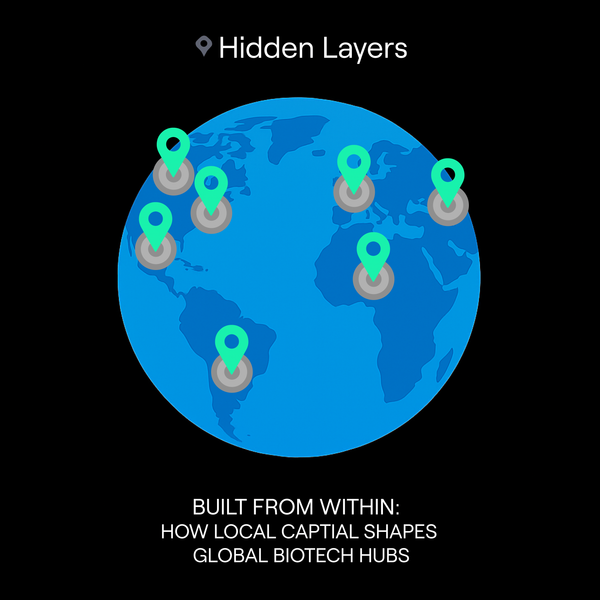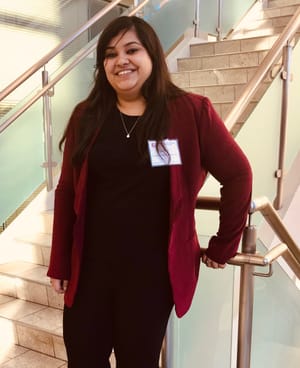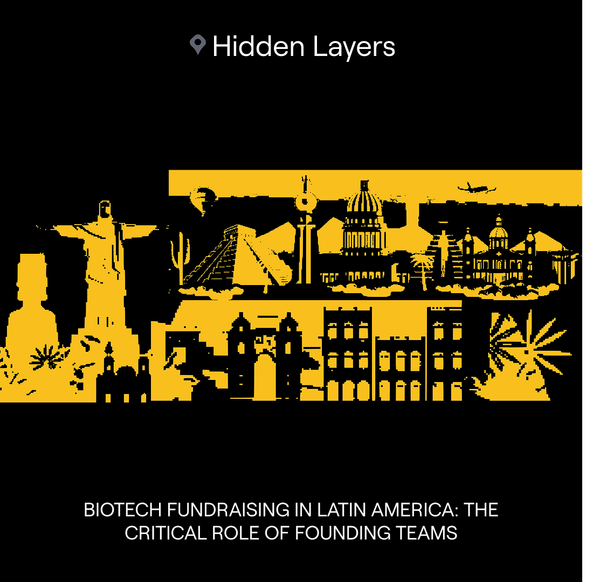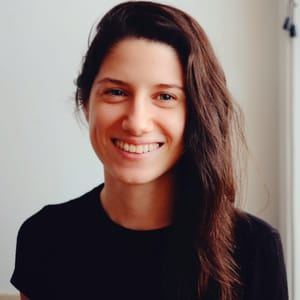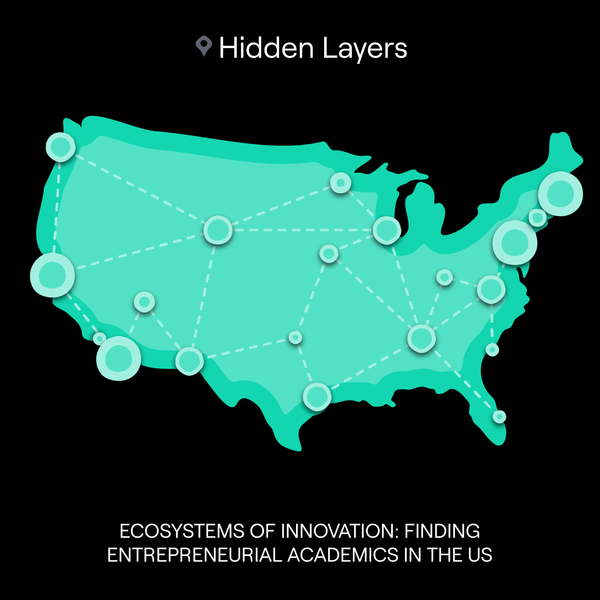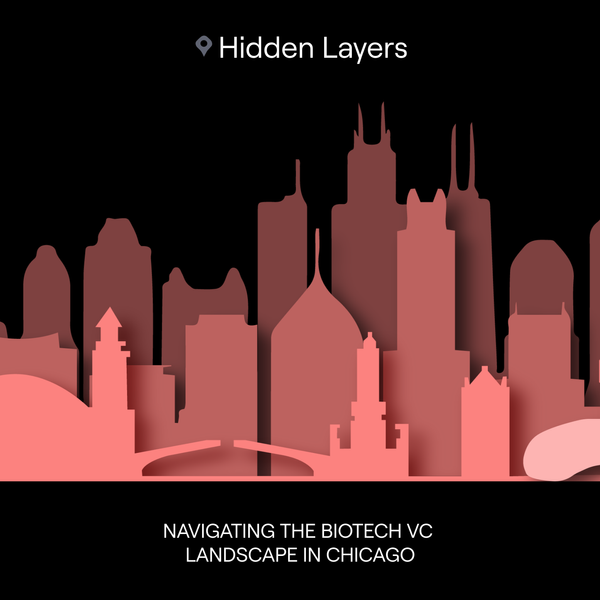The New York biotech scene is growing more each year, and it can be hard to keep up with the newest companies and the latest innovations. In an effort to learn more about what the NYC biotech ecosystem has to offer, we aimed to interview biotech CEOs around the city to get the details on their companies and cutting-edge technologies.
For these interviews, we touch upon the growing climate crisis and examine the solutions that eco-tech companies are coming up with to help slow or reverse the concerning climate trends. We talked with Quorum Bio and Envirobe, two eco-tech and climate-conscious startups that are revolutionizing the NYC biotech scene. Although these two companies are solving different climate-related issues, both converge upon a common solution - utilizing the power or microbes.

Quorum Bio
Quorum Bio is a pre-seed SynBio, ag-tech company that spun out in 2022. We sat down with Sudharsan Dwaraknath, Founder and CEO at Quorum Bio, to learn more about what his company does and what makes it unique. Sudharsan also shared his tips on being a biotech entrepreneur, as well as where he sees the future of biotech in NYC.
What does Quorum Bio do?
Quorum Bio has a couple of important goals in mind. In an economic sense, they aim to improve the livelihoods of farmers, making farming more profitable. In an environmental sense, they strive to contribute to future food security.
Sudharsan explained that a big problem farmers are facing is the inefficient use of phosphorus in fertilizers. “Phosphorus is a limited resource - only a small fraction goes into the crop, most of it goes into the soil.” This phosphorus then leaks into rivers and lakes, causing algae blooms, and eventually gets caught in the ocean. Quorum Bio’s solution is to take naturally occurring microbes living on crop roots and engineer them to more effectively solubilize phosphorus. This phosphorus is then available to the crops more directly, allowing for farmers to put down less fertilizer. They do this using a technology called CRAGE (chassis-independent recombinase assisted genome engineering), which enables the rapid engineering of diverse microbes.
And while Quorum Bio is a gene-editing platform, there’s absolutely nothing unnatural about how they’re engineering their microbes. “There are already microbes living on all plant roots that help plants access phosphorus. There are natural biosynthetic pathways that do this. The problem is that this microbial activity is tied up in the complex genetics of living beings.” He explained that on some farms, microbes behave, and will get to work on solubilizing phosphorus. But in many cases, the microbes aren’t doing what they’re supposed to, and phosphorus solubilization is inefficient. Other companies will try to sell farmers naturally occurring microbes, but because of this fundamental randomness, “their performance is all over the place.” At Quorum Bio, “all we do is find microbes that have these genes natively and simply engineer these microbes so that they will turn on the genes when the plant needs it. There’s nothing synthetic, nothing new to nature.”
What struck us during our conversation was how passionate Sudharsan was about these issues. He explained that growing up, he was actually less interested in science and “more interested in human impact, especially for marginalized communities”. His focus on climate smart agriculture stems from when he took a trip to Tanzania during grad school and met a group of people called the Maasai, who don’t use plumbing or electricity, and due to climate change, “were unable to predict rainfall, so their entire agricultural practices are being ruined”. He realized that this was a problem that warranted new technology development, and this is an example where his expertise could have a real impact. Even today, he runs his company with a clear “farmer-first” attitude, consistently making trips to rural areas and engaging with farmers, which he describes as one of the most rewarding aspects of his job.
What advice do you have for new biotech founders?
For those innovators out there interested in starting their own companies, Sudharsan has a couple tips and warnings. For one, he urges people to really try to find a co-founder, if possible. Sudharsan himself tried to find one as he was starting Quorum Bio, but wasn’t successful, and says that it’s “really hard to be a solo founder”. He also warned that there’s an unnecessary “glorification of gaining VC money, but there are so many other funding pools out there” including angel investors and grants. And finally, in what he described as a hot take, Sudharsan urged that “MBAs don’t belong in the C-suite of pre-seed, hard tech companies.” He went on to explain that when an MBA lacks technical knowledge of the company, they tend to “make promises that cannot be delivered on”. The result is that “you put money into innovation that was never a good match, and you dilute all of humanity's efforts, in my opinion.”
Where do you see the future of biotech in New York City?
We wanted to ask Sudharsan, as a founder living in NYC, how he saw the future of biotech in the city. He explained that New York City wasn’t originally his first choice, and he found himself here because the New York branch of the fellowship program he was part of, Activate, was climate-focused. Although initially worried an ag-tech company had no place in the big city, he soon realized that there was actually a ton of lab space available, with more and more being built, as well as a great talent pool. “Biotech in New York is exploding,” he said, “New York is on the tail of SD, Bay Area, Boston for biotech.”

Envirobe
Envirobe is a blossoming ecotech company that is engineering a self-sustaining plastic-degrading microbe. Nucleate NY sat down with CEO, co-founder and MD/PhD candidate Samuel Magaziner to discuss Envirobe’s mission and growth, including how Nucleate’s Activator program was instrumental in the company’s path. Sam also discusses the joys and hurdles of the startup journey and provides advice to bio innovators and entrepreneurs in the NYC biotech scene.
What is Envirobe, and how did your company start?
As Sam simply put it, Envirobe is a company with the goal of creating a self-sustaining catalytic recycling pathway to address the problem of plastic waste. At a high level, they are engineering self-sustaining microbes that degrade one of the most common plastic polymers, the Type 1 plastic or polyethylene terephthalate (PET), and convert it into its two base monomers: ethylene glycol and terephthalic acid. . Envirobe is focused on engineering their microbes to more efficiently utilize this ethylene glycol byproduct generated from PET degradation as a sole carbon source, in part by assisting its oxidation to glyoxylate and then upregulating the bacterial glyoxylate shunt pathway. In this way, bacterial cells can become mini “factories” for biological remediation capable of not only breaking down plastic biocatalytically but also sustaining their biomass through one of its breakdown products. Envirobe then captures the more valuable degradation product, terephthalic acid, shuttling it back into production of virgin PET polymers or other materials such as textiles, thus creating a closed loop economy.
The company was formed five years ago when Sam met his co-founder and COO, Manyung Emma Hon, through a start-up/founder speed dating event at George Washington University. Manyung grew up in Hong Kong and witnessed first-hand the impact that plastic pollution and waste had on environmental decline. With Sam’s background in molecular biology and bacteriology and Manyung’s passion for sustainability, the team entered the GW New Venture Competition with a shared purpose: to improve the circular economy for plastic waste and help fight the world’s plastic problem. Their company idea, at the time coined “Plastways,” won the competition. Since then, Envirobe has participated in the NYU Entrepreneur Challenge and Rice Business Plan competition and has garnered more than $400,000 through non-diluted funding sources. Notably, in 2022-2023, Envirobe participated in Nucleate New York’s own Activator program, our flagship accelerator program to empower biotech founders. Sam emphasized how Nucleate’s Activator program stood out among other programs, and how he specifically appreciated the mentorship he received from leaders in the NYC biotech space. During the Activator program, he had the opportunity to meet with founders doing similar ecotech work, including founders from NewCulture, Spira, and Gingko Bioworks.
What are some of the most rewarding aspects of your job and some of the most challenging aspects?
Starting a company is no easy task, and biotech is, as Sam put it succinctly, “hard”. He noted that while customer discovery and identifying a product-market fit can be easy, the real challenges come later, arising from piloting experiments and FDA trials or from the technical hurdles of engineering when working with biological compounds. When faced with hurdles, he emphasized patience and problem-solving abilities as the key qualities of a good biotech founder. Often the simplest way is the best way, a mindset coined the “KISS approach” (keep it simple, stupid) that Sam has followed throughout the process of growing Envirobe. Despite the challenges and hurdles, the journey has been extremely rewarding and exciting for Sam, especially as he works towards his MD/PhD dual degree at NYU.
What advice would you give to new biotech founders or bioinnovators in the NYC area?
Sam’s advice is to “just start the work, just do it, and you will be rewarded”. He noted that one of the most common misconceptions is that starting a biotech company is expensive and requires fancy equipment. He challenges that this isn’t always the case, as he started Envirobe simply out of his kitchen with just a bacterial shaker and a plate incubator. If you have a good idea and entrepreneurial spirit, “success will come”, Sam says, along with capital and other resources. He also advised to be open to different funding sources and to not be afraid to let go of some equity, as “70% of something is better than 100% of nothing,” and the funding landscape is not static.
Insights from Pioneering NYC Eco-Tech Startups
Quorum Bio and Envirobe are two leading eco-tech startups in the New York biotech scene whose technologies are aiming to reverse the global climate crisis. The founders share with us their amazing stories of what led them to start their companies, as well as insightful advice for hopeful founders in the growing NYC biotech scene. We’re excited to see the growth of eco-tech in the big city, as this could signal that our biotech landscape is diversifying. Moreover, while these companies are just two examples of successful start-ups in the city, we are seeing a boom in this space that is reminiscent of those in the Bay Area and Boston. If you are interested in getting involved in the NYC biotech ecosystem, reach out to Nucleate NY to learn more about our expanding community of bio-innovators!
| Main Authors |
Lindsey Florek
Lauren Dierdorff
|
| Hidden Layers Lead |
Lauren Stanwicks
|
| Hidden Layers Team |
Romina Horianski
Anisha Sharma
Lindsey Florek
|
| Graphic Design |
Marley Rossa |



